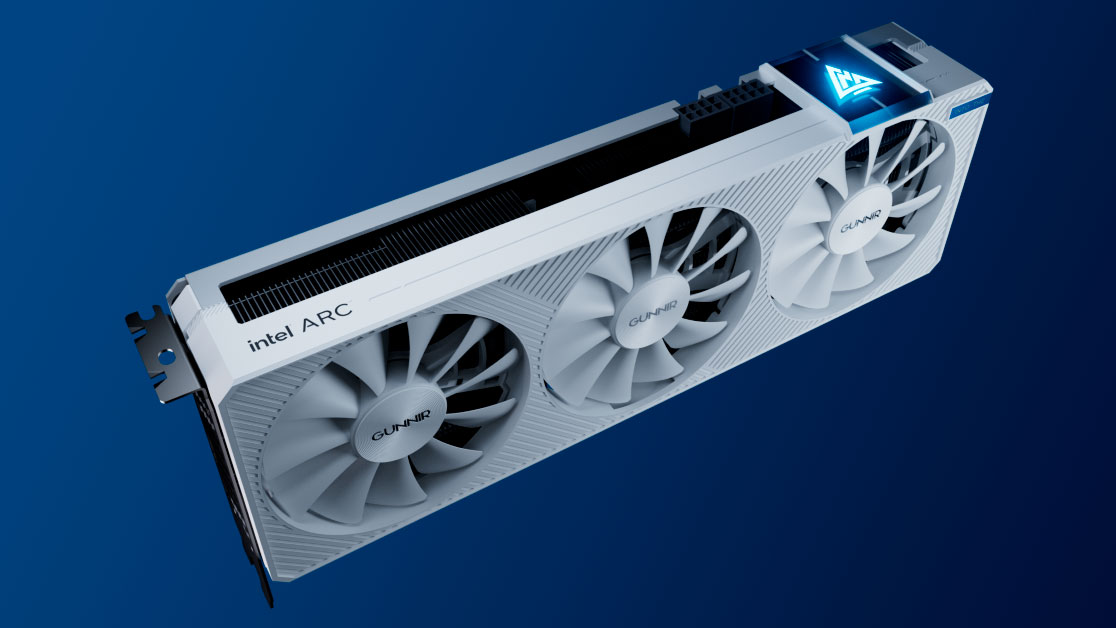
According to a benchmark at Geekbench, we have more information regarding the alleged specifications of Intel's upcoming Arc B580 GPU — based on Team Blue's Xe2 "Battlemage" architecture. The Arc B580 was spotted in a few preliminary listings last week at Amazon from ASRock, which were promptly taken down. This benchmark seemingly reaffirms that the B580 will carry 12GB of VRAM alongside 20 Xe cores, though initial performance in OpenCL leaves more to be desired. Keep in mind that this is not an official benchmark, and that Geekbench OpenCL can be a terrible way of measuring performance, so reserve judgment until review units are available.
The test bench features a Z890 AORUS MASTER motherboard with the flagship Intel Core Ultra 9 285K and 32GB of DDR5-6400 memory. Do note that the benchmark doesn't explicitly mention that this is an Arc B580. This is not an exact confirmation of the specifications, though there is a strong correlation with previous leaks.
The Arc B580 in this benchmark is listed with 160 Compute Units which really are just Xe Vector Engines. Based on the Xe2 architecture's core division, this would yield 20 Xe cores (1 Xe Core = 8 XVEs) or 2,560 ALUs (1 XVE = 16 ALUs). For context, the last-gen Arc A580 offered 24 Xe cores with 3,072 ALUs. On the memory side of things, the B580 packs 12GB of GDDR6 VRAM on a 192-bit memory bus. At least in this benchmark, the GPU was running at a maximum clock speed of 2.85 GHz — 42.5% faster than the A580.
If you calculate the teraflops on tap, the higher clocks should make up for the shader ALU deficit. The A580 has 10.4 TFLOPS of FP32 based on its 1700 MHz boost clock (which is still conservative). With a 2.85 GHz clock speed, the B580 has 14.6 TFLOPS of FP32. So, it should be faster, but again this is Geekbench OpenCL.



The performance end of things is slightly disappointing since the B580's subpar 78,743 points land it slower than the A580. But don't let that disappoint you because Battlemage has always been slower in synthetic workloads than Alchemist.
Case in point, the Core Ultra 7 155H (Meteor Lake) is 20% faster than the Core Ultra 7 258V (Lunar Lake) in the same test with the same Xe core counts. Depending on real-world performance, Intel may need to price these GPUs aggressively if it plans to up its market share this generation. While we expect a price tag in the ballpark of $200–$250, high production costs associated with 4nm technology could hurt Intel's bottom line.
In any case, all indicators show that Intel is prepping to reveal Battlemage in December, ahead of Nvidia's Blackwell RTX 50-series and AMD's RDNA 4 RX 8000-series GPUs. Initial supply could be limited to the B580 as the high-end BMG-31-based Arc B770 appears to be coming later.







